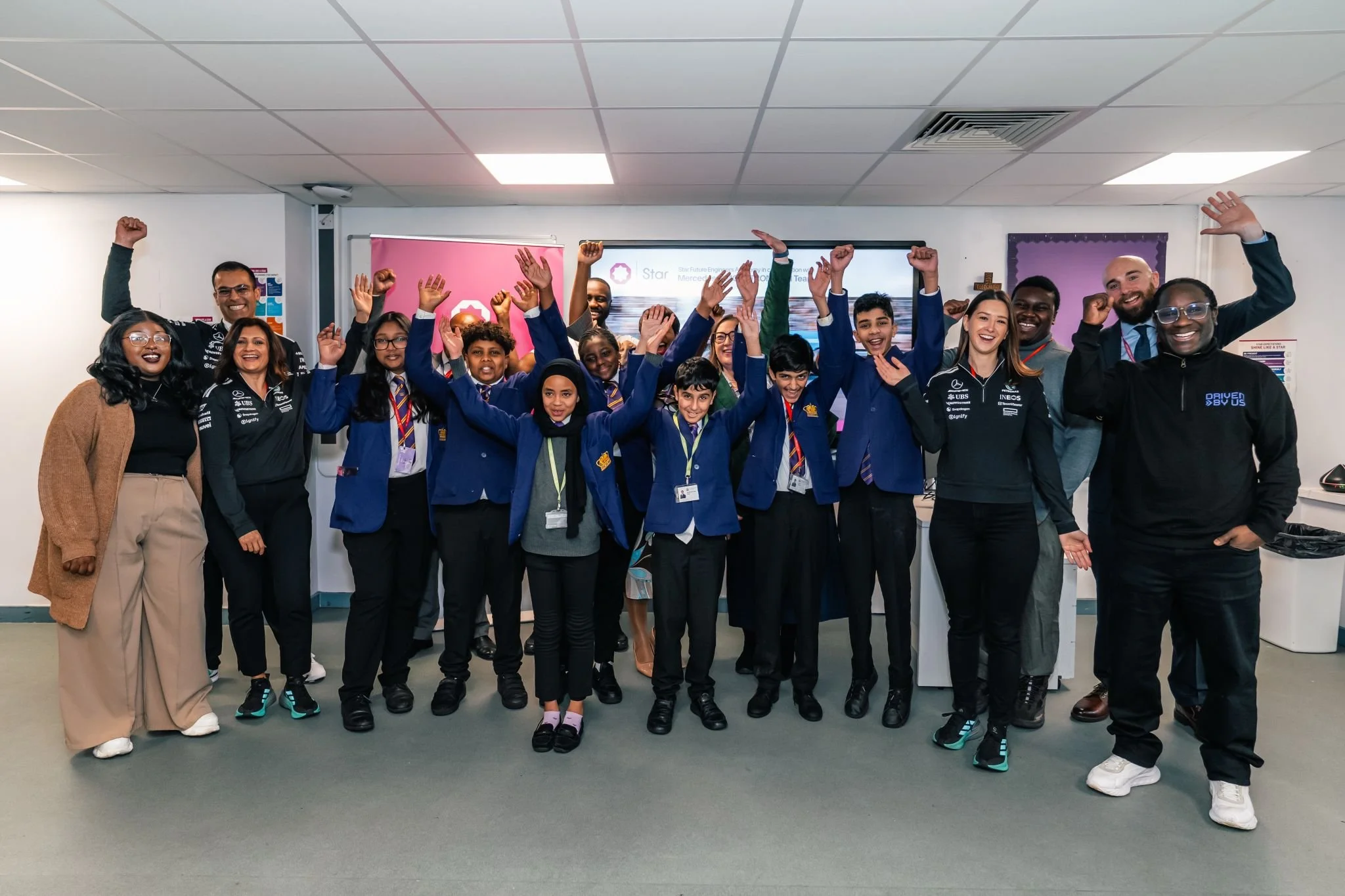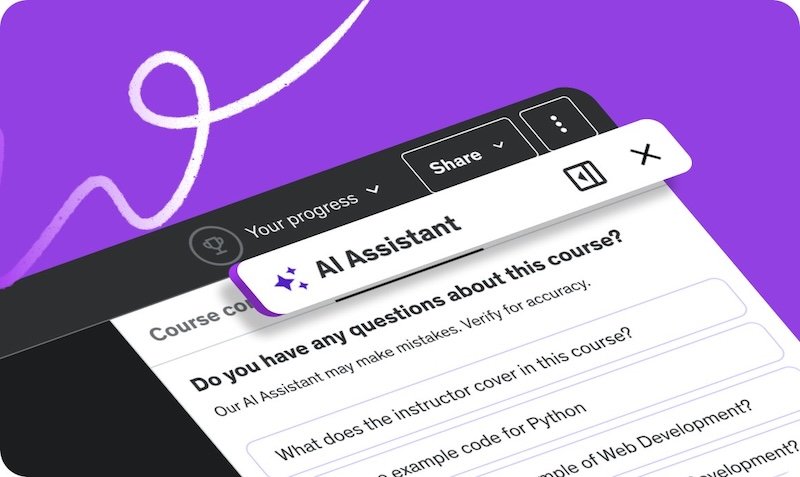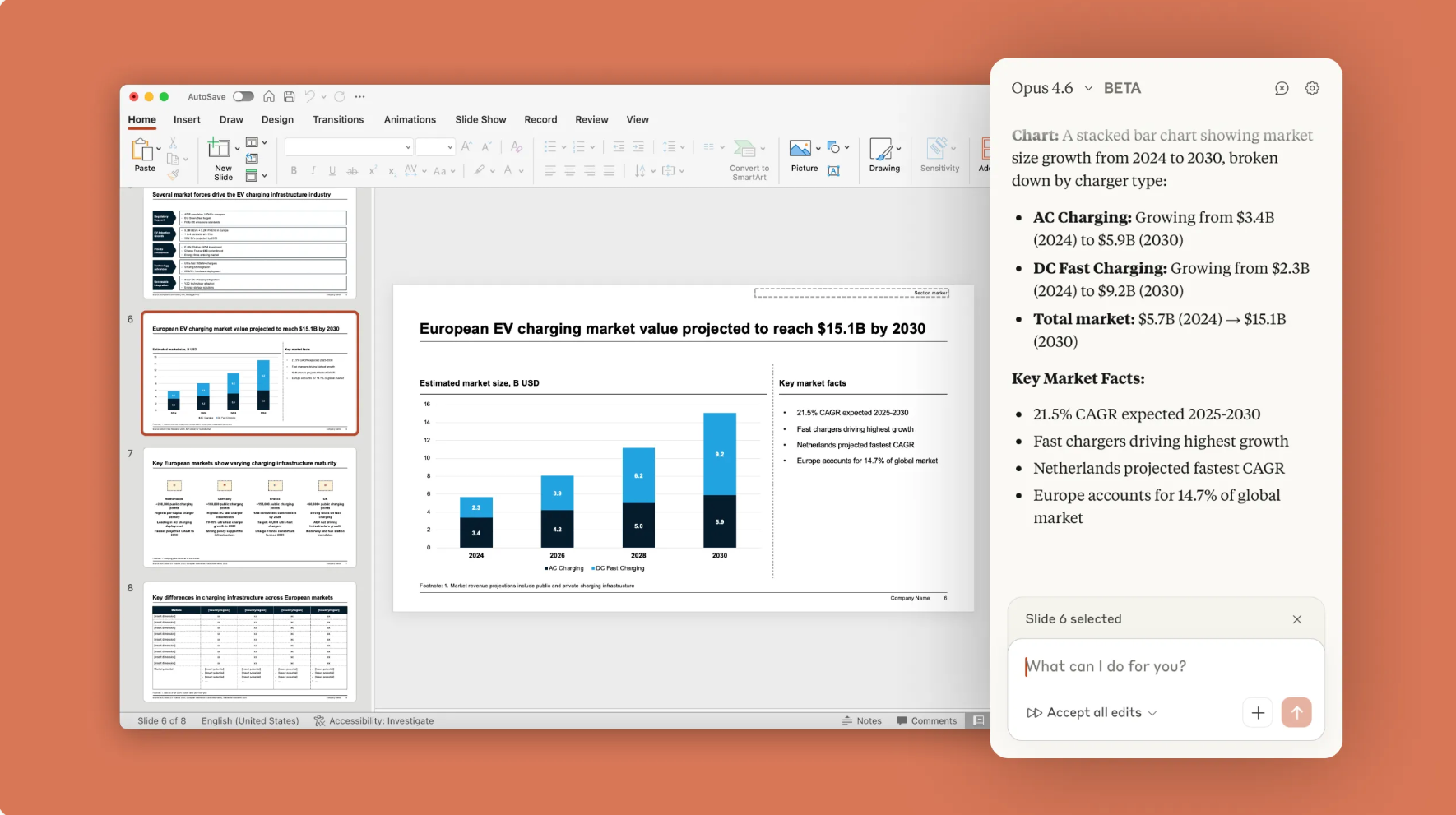EdTech stories of the week: Anthropic’s $50B bet, Canva’s 3D leap, and new U.S. AI funding
AI infrastructure, university partnerships, and next-gen creative tools shape this week’s biggest EdTech developments.
AI continues to push the sector forward, with this week’s top stories spanning major infrastructure commitments, new higher education partnerships, and fresh investments in workforce innovation. Anthropic sets the pace with a $50 billion data center expansion in the U.S., while ASU, UCSF, and Purdue deepen their roles in AI readiness and experimentation.
Canva widens the creative toolkit with new 3D capabilities, and the U.S. Education Department outlines a $167 million plan to align higher education with emerging technologies and workforce needs. Alongside that, a new ETIH Awards category highlights the growing crossover between EdTech and campus retail, rounding out a transformative week for digital learning.
10. Students at Purdue turn AI curiosity into community through Anthropic’s Claude Builder Club
In at number ten, Purdue’s Claude Builder Club shows how fast student-led AI communities are scaling. What began as a small group has grown into a 100-member hub experimenting with Claude, hosting workshops with Anthropic researchers, and running hackathons that push students from casual interest into applied, hands-on development. It reflects a wider shift toward bottom-up AI learning on university campuses.
9. UCSF adopts ChatGPT Enterprise to power secure AI transformation across campus in 2026
Taking the ninth spot, UCSF becomes one of the largest U.S. institutions to adopt ChatGPT Enterprise, replacing its Versa Chat platform as it expands AI across research, education, and clinical care. The move brings enterprise-grade safeguards designed to support HIPAA compliance, marking a significant step in how major universities operationalize AI inside complex, high-security environments.
8. Wonder launches near University of Maryland as Sweetgreen finalizes major robotics deal
At number eight, FoodTech enters the line-up as Marc Lore’s Wonder opens its first Maryland site close to the University of Maryland campus, backed by a community-focused launch and new partnerships. Alongside it, Sweetgreen’s $186.4 million agreement to sell its Spyce robotics unit to Wonder marks a significant shift in how automation and food delivery intersect, with both companies targeting scale through robotics and centralised production.
7. Arizona launches ASU-led upskilling program for state employees
In at seven, Arizona and ASU roll out a statewide upskilling initiative offering thousands of public sector employees free professional courses and certificates. Demand filled the first cohort in just two weeks, highlighting how digital, data, and leadership training are becoming core workforce priorities as government agencies accelerate their own AI and technology adoption.
6. The Key Group partners with Permira, doubling investment in R&D with a focus on AI
At number six, The Key Group secures new backing from Permira as it prepares to double R&D spending and expand its AI-driven tools for schools. With leadership and products remaining in place, the partnership is geared toward scaling technology that reduces staff workload and strengthens student insight, a sign of continued investor confidence in education software with clear operational impact.
5. Anthropic commits $50 billion to U.S. AI infrastructure as demand for Claude accelerates
Kicking off the top five, Anthropic sets a new benchmark in AI investment with a $50 billion plan to build dedicated data centers across the U.S. Developed with Fluidstack, the facilities will expand compute for Claude and future frontier models, supporting both research and a rapidly growing enterprise customer base. The scale of the commitment signals how infrastructure is becoming central to long-term AI capability and national competitiveness.
4. New ETIH Awards category celebrates innovation in campus retail technology
In at number four, ETIH introduces its new Campus Retail Innovation category, spotlighting technology reshaping on-campus retail environments as student expectations shift. From checkout-free stores to autonomous delivery, the category reflects how education and retail innovation are converging, with campuses increasingly acting as testbeds for digital commerce, automation, and frictionless experience design.
3. Grammarly announces first Superhuman Go partnership in higher education at Arizona State University
Taking the third spot, ASU becomes the first university to partner with Superhuman’s new Go assistant, designed to tackle fragmented systems and streamline information flow. Building on ASU’s existing use of Grammarly for Education and Coda, the collaboration will give students and staff early access to agentic AI tools while helping the university develop new AI-native workflows for course design and student support.
2. Canva rolls out 3D design tools powered by AI to expand creative capabilities
At number two, Canva expands its creative toolkit with new 3D design features built by its Prague engineering team. The update brings AI-generated 3D objects, customizable elements, and ready-made templates directly into the Canva Editor, lowering the barrier to advanced design work for millions of users. It marks a notable shift toward more immersive, multimodal creation tools inside mainstream platforms.
Full story
1. US Education Department sets $167m agenda to reshape higher ed with AI and workforce training
And taking the top spot this week, the U.S. Department of Education outlines a $167 million funding agenda aimed at accelerating AI adoption, strengthening short-term workforce programs, and reforming accreditation. With $50 million earmarked for AI-specific initiatives, the priorities reflect a federal push to align higher education with emerging technologies while supporting institutional flexibility and workforce readiness at national scale.
























